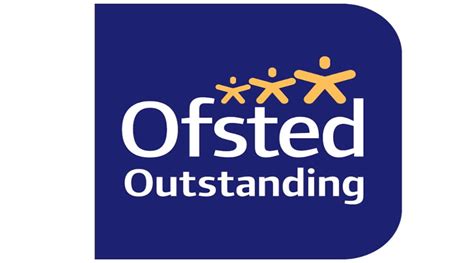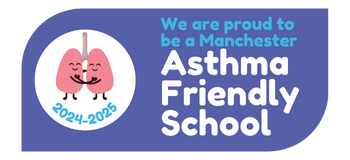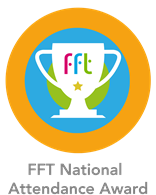Humanities - History, Geography and the Environment
Our humanities curriculum at Old Moat is centred around "Golden Threads," key concepts that we believe to be important in creating citizens of the world for the 21st Century: British Society, Civilisations, Equality, Environment and Exploration. Each theme is visted throughout the Early Years, KS1 and KS2 (with the exception of Civilisation which begins in Year 3). Our intention is that through these key concepts, our pupils, in all their diversity, will discover who they are and how they can become responsible members of our society. All different, all achieving.
There are “Big Questions” that drive the humanities curriculum. The sequencing of our Big Questions is built on principles of cognitive science: there are bridges between the questions and we recall knowledge from previous teaching in order to help the knowledge "stick" and to deepen the understanding of concepts taught from EYFS to Year 6.
The Big Questions we have chosen reflect the National Curriculum and our diverse school community. At the same time, the questions are carefully chosen to give our pupils the cultural capital and critical thinking skills they need to navigate the world and contribute to their community and to society at large.
Curriculum content is clearly visible in Knowledge Organisers, which help children to see and remember the core knowledge and vocabulary from a topic. Retrieval practice (low stakes quizzes and questioning) is a frequent feature of lessons to help children to bridge back to previously taught content and through each Golden Thread.
Central to all that we do is the development of language and reading across the curriculum. Children need to be able to decipher a wealth of information both in print and digitally and well-rounded reading and language skills across all subjects are critical to this.
History at Old Moat - Intent
Careful consideration has been given to the substantive (facts) and disciplinary (historical skills) knowledge that we want our children to acquire and refine throughout their time with us. Through a deliberately sequenced history curriculum, we want our children to understand the cause and effects of key historical events on the world they live in now. In addition, our aim is for all children at Old Moat to develop a narrative around events and people that have shaped British Society and their own place in it. Periods of local, British and world history within living memory and beyond are studied by our children from EYFS through to KS2.
As children move through the school, the Golden Threads support and embed the progression of chronological knowledge and understanding. As young historians in KS2, this enables children to make the connections and note contrasts and trends over time that will help them to approach depth studies with an informed and critical mind, well prepared for life beyond primary school.
Geography at Old Moat - Intent
At Old Moat, our Geography curriculum aims to inspire curiosity and fascination about the world and its people. We aim for our children to develop a sense of place and understand their surroundings. This is not only in relation to their locality within Greater Manchester, the North West and the United Kingdom, but also further afield in the wider world.
Careful consideration has been given to the substantive (facts) and disciplinary (geographical skills e.g mapping, monitoring weather patterns) knowledge that we want our children to acquire and refine throughout their time with us.
Through our Big Questions we investigate how the interaction between physical and human processes affects our changing landscapes and environments. In EYFS, we start with the questions, What's that sound? and Where will I go? Children explore our locality, the weather, seasons, simple mapping and transport. In KS1, we build on this by asking what an alien would make of our local area before exploring how transport has evolved and contrasting Manchester and Nairobi. It is important to establish a basic understanding of the globe and some weather patterns, and then build on these as the children move up the school.
Moving through the school, the UK is studied again in each Key Stage, adding more depth to previous work, and comparisons are made with countries further away as positional and locational language and concepts are developed. We have tried to represent our school demograph in our curriculum.
The environment features prominently in our curriculum. Global warming is one of the most pressing issues of our time and our children need to understand it. We want our children to be aware of the local and global challenges that affect the world they are growing up in. Our established Green Heroes team is leading the way in promoting a sense of responsibility that will help our children to become environmentally-conscious young people now and in the future. We are part of the Youth Environmental Group and work with Manchester City Council on eco-issues.
Downloads
Disciplinary concepts coverage
Example of a KS2 Geography Knowledge Organiser
Example of a KS2 History Knowledge Organiser
Whole School Humanities, English and Science Curriculum Overview
Example of a KS1 History Knowledge Organiser
Example of a KS1 Geography Knowledge Organiser
Example of Golden Thread Retrieval Practice Resource - British Society





